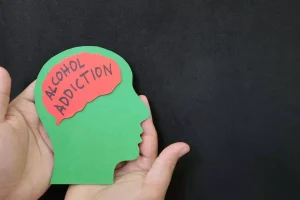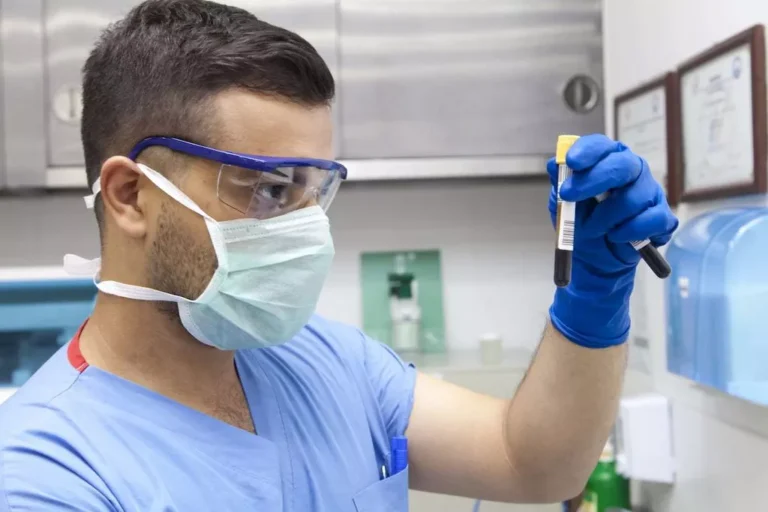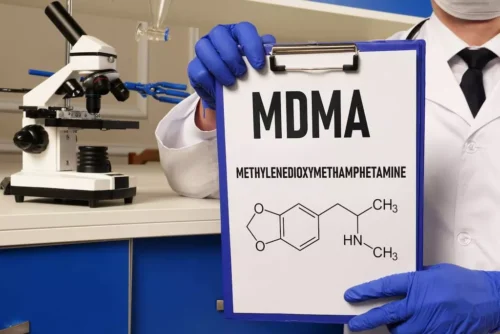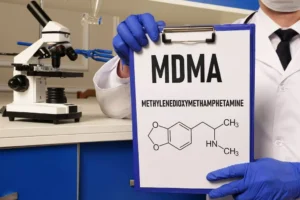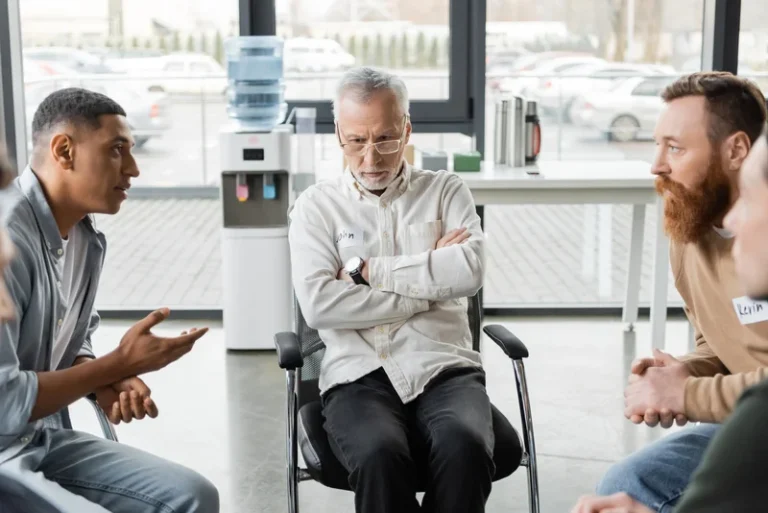The Ambiguous Loss of Loving an Addict and Letting Them Go
In reality, that’s more than likely what they’re doing. It’s important to understand when you’re in love with a drug addict that so much of what they’re doing is out of their control, and that during their addiction they don’t necessarily have the ability to love you in return. When someone you love is addicted to alcohol or drugs, the substance is going to be their number one priority. My boyfriend was in rehab for 5 months for fentanyl and relapsed 2 weeks after leaving.
There are no easy answers, but there is hope.
- These potentially self-destructive patterns can develop as a result of how you were treated in the past, especially by caregivers.
- You might stop liking them, but you don’t stop loving them.
- Whether love addiction should be classified as an actual mental health condition is up for debate.
- Completely toxic and then the addict becomes YOUR DRUG!
Maybe you find yourself spending a lot of time with the person you love, and you focus on thoughts of them when you can’t be together to avoid painful or unwanted thoughts and feelings. Yet since love addiction isn’t an official diagnosis, you won’t find it in the DSM-5. Experts also haven’t established any official criteria or symptoms that characterize this behavior pattern. For one, addiction remains stigmatized in society as a whole. Not only that, but substance use disorders can be serious — even life-threatening.
How to Overcome a Love Addiction
He has had his battles with a lot of different substances,you name it hes done it. Right now its fentanyl and the love and dedication he has for this drug is the most powerful of them all. The pull it has on him, the lies, the nights ive spent waiting https://ecosoberhouse.com/ up only for him to say his famous words, “I’m sorry” . Im sorry i fell asleep in my car, im sorry i was at my grandmas, im sorry someone had a crisis, im sorry i was narcaning someone to save, Every single excuse as to why he was gone so long.
How to Cope When Someone in Your Household Lives with Addiction
Sometimes he makes me feel like if I do something that makes him upset, he will just resort to drugs. I just need some advice and an outside perspective from those that understand how it is to be with a recovering addict. My friends just tell me to leave him, but they don’t understand.
- This behavior in a relationship is called codependency.
- If you find yourself wondering, “Is it love or is it addiction?
- Remember that you cannot control or change the person struggling.
- It’s also important to understand that when someone you love is addicted to alcohol or drugs, they’re going to do everything in their power to use you as a way to continue getting these substances.
- The following have all been suggested as potential risk factors in the development of love addiction.
Read this next
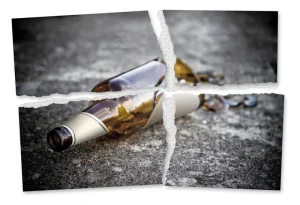
DeMaria says that may point to an unhealthy preoccupation. Bear in mind that interventions can be painful and do not always work. In fact, interventions can backfire, because they can make people with addiction feel alienated from his or her support system. This can further distance them from the help they need. For these reasons, interventions should be considered only as a last resort in response to a desperate situation.

Staying with someone, even when it’s unhealthy

It’s by talking that we give each other permission to feel what we feel, love who we love, and be who we are, with the vulnerabilities, frayed edges, courage and wisdom that are all a part of being human. The problem with loving an addict is that sometimes the things that will help them are the things that would seem hurtful, cold and cruel if they were done in response to non-addicts. Often, the best ways to respond to an addict have the breathtaking capacity to drown those who love them with guilt, grief, self-doubt and of course, resistance. What I do know is that when he is ready to change direction, I’ll be there, with love, compassion and a fierce commitment to stand beside him in whatever way he needs to support his recovery.
- I have now cut off all communicaon telling her when she is ready to get help I will be be there to support her through her recovery.
- “Our concern for his personal health and safety as well as our own has left us no alternative.
- Right now its fentanyl and the love and dedication he has for this drug is the most powerful of them all.
- They function and work, but it’s at the route of everything, first thing in the morning, last thing at night.
- For instance, if they tell you they think they have alcohol use disorder, don’t respond by saying „Come on, you don’t have a drinking problem.“

Instead, show the person you care by speaking to them with kindness and understanding. Remember that you cannot control or change the person struggling. When you accept this fact, you can grasp the reality of the situation and avoid overextending yourself. Learning the difference between what you can and can’t change can help you avoid stress, burnout, and depression in your relationship. For instance, spending time away from someone with an addiction can give you the necessary time to reflect on your life, partake in your favorite hobbies and care for your health. Detaching with love means creating a healthy space for your relationship as you hand back the reins you never really held in the first place and remove yourself from the perceived responsibility for their choices.
Group therapy
It can often be easy to take a backseat to your mental health while trying to support someone you love struggling with substance use disorder. Addiction when you love an addict doesn’t just affect the person living with it. It can impact everyone in that person’s inner circle, including friends, family, and coworkers.

Richard Pettibone, Artist Who Appropriated Others‘ Paintings for His Own Work, Dies at 86
We’ll get into how to find that kind of support in a bit. It’s natural to feel angry when someone you love relapses, and understanding the nature of addiction may help you realize whether or not any of that anger is misplaced. If you’re able to express how your loved one’s actions have affected you without shaming them, that’s perfectly OK. But it’s highly unlikely that expressing any kind of acrimony or rage is going to do any good. Your loved one is going to lie to you, and you will want to believe them.

